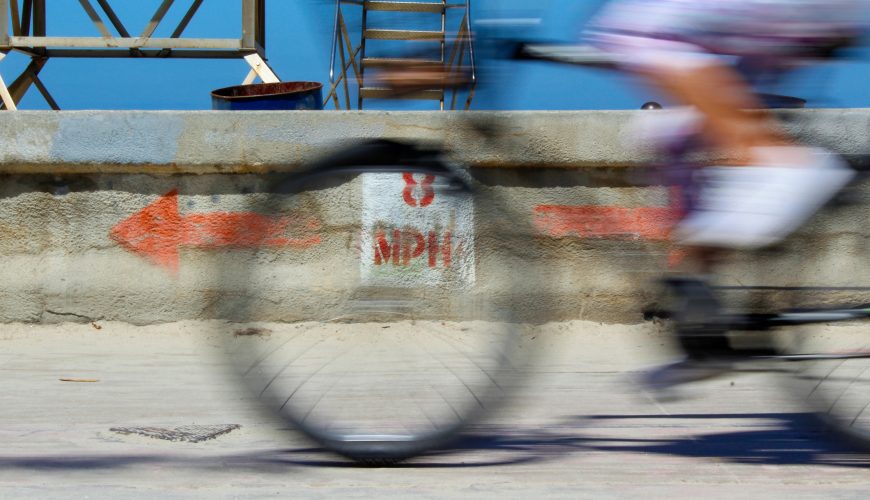Optimize WordPress Queries for Better Performance

Efficient database queries are key to a fast WordPress site, especially when handling high traffic. Learning how to use the WP_Query class effectively helps you write cleaner code and use resources better.
WP_Query offers more flexibility and performance than basic methods like get_posts(), making it a more powerful choice for managing your WordPress queries.
Optimize Queries by Skipping Pagination
The 'no_found_rows' => true argument in WP_Query disables unnecessary calculations related to pagination. This is especially useful when your query doesn’t need pagination, such as fetching a fixed number of posts for a widget or a section on the homepage.
Skipping the SQL_CALC_FOUND_ROWS query, which counts the total number of rows for pagination, can greatly improve the performance of your query.
If you don’t need pagination, always set the no_found_rows to true to avoid unnecessary calculations and speed up your query.
new WP_Query( [
'no_found_rows' => true,
] );Avoid Overloading Queries with Unlimited Results
Using 'posts_per_page' => -1 in WordPress queries can be risky. Fetching all posts without a limit might work for a small dataset, but on a site with thousands of posts, this could overload the server, leading to crashes or slow performance.
new WP_Query( [
'posts_per_page' => 12,
] );Fetch Only What You Need
When your query only requires post IDs, use the 'fields' => 'ids' argument in WP_Query to streamline performance.
This instructs WordPress to fetch only the post IDs from the database, bypassing additional data retrieval such as post content or metadata.
new WP_Query( [
'fields' => 'ids',
] );Why You Should Avoid ‘post__not_in’
Using the post__not_in argument in queries can reduce performance, especially with large datasets. Instead, filter posts in PHP after retrieving the results.
This method takes advantage of caching and improves efficiency, especially when pagination is involved. It ensures faster processing and avoids slowing down your queries.
$query = new WP_Query( [
'post_type' => 'post',
'posts_per_page' => 30 + count( $posts_to_exclude )
] );
if ( $query->have_posts() ) {
while ( $query->have_posts() ) {
$query->the_post();
if ( in_array( get_the_ID(), $posts_to_exclude ) ) {
continue;
}
the_title();
}
}Using Transients for Caching Query Results
To further enhance performance, consider caching the results of expensive queries using WordPress transients. This allows repeated queries to be served from cache instead of hitting the database, which reduces load time.
$cache_key = 'custom_query_results';
$query_results = get_transient( $cache_key );
if ( $query_results === false ) {
$query_results = new WP_Query( [ 'posts_per_page' => 10 ] );
set_transient( $cache_key, $query_results, 12 * HOUR_IN_SECONDS );
}Leverage the Power of pre_get_posts
Use the pre_get_posts action to modify the main query before it runs. This can be particularly useful for altering query parameters globally without needing to manually change the query in templates or functions.
function modify_main_query( $query ) {
if ( ! is_admin() && $query->is_main_query() ) {
if ( is_category() ) {
$query->set( 'posts_per_page', 10 );
}
}
}
add_action( 'pre_get_posts', 'modify_main_query' );Optimize Meta Queries
Meta queries are slower due to additional table joins. To improve performance, minimize the number of conditions used.
For complex metadata, consider using custom tables or caching results. This approach optimizes query performance and reduces overhead.
$query = new WP_Query( [
'meta_query' => [
[
'key' => '_my_meta_key',
'value' => 'some_value',
'compare' => '='
],
],
] );Avoid using cache_results => false unless necessary
In WP_Query, cache_results => false disables the caching of query results, which can significantly degrade performance. Caching helps to speed up future queries by storing results temporarily.
Disabling it can lead to slower performance, especially on large sites with frequent queries. Only disable caching when absolutely necessary, such as when dealing with dynamic data that changes frequently and cannot benefit from caching.
$query = new WP_Query( [
'post_type' => 'post',
'posts_per_page' => 10,
'cache_results' => false, // Not recommended for most use cases
]);Conclusion
Optimizing WordPress queries enhances performance by minimizing unnecessary database calls. By using efficient WP_Query arguments, like no_found_rows, you can speed up query execution.
These simple changes can make a big impact, particularly for high traffic sites, leading to better resource usage and faster load times.